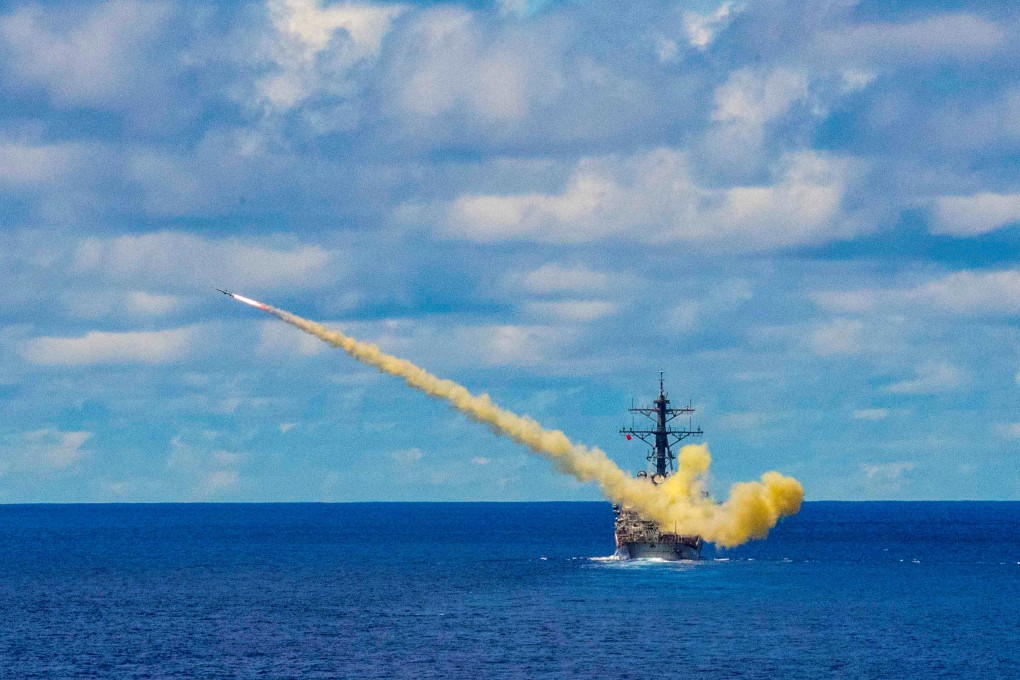US aims to arm Ukraine with advanced anti-ship missiles to fight Russia
- Boeing’s Harpoon and Kongsberg and Raytheon’s Naval Strike Missile are being considered, amid concerns the move would intensify the conflict
- Kyiv is hoping for weapons that will help it defeat Moscow’s naval blockade, allowing the restart of grain shipments worldwide

The White House is working to put advanced anti-ship missiles in the hands of Ukrainian fighters to help defeat Russia’s naval blockade, officials said, amid concerns more powerful weapons that could sink Moscow’s warships would intensify the conflict.
Ukraine has made no secret it wants more advanced US capabilities beyond its current inventory of artillery, Javelin and Stinger missiles, and other arms.
Kyiv’s list, for example, includes missiles that could push the Russian navy away from its Black Sea ports, allowing the restart of shipments of grain and other agricultural products worldwide.
Current and former US officials and congressional sources have cited roadblocks to sending longer range, more powerful weapons to Ukraine that include lengthy training requirements, difficulties maintaining equipment, or concerns US weaponry could be captured by Russian forces, in addition to the fear of escalation.
But three US officials and two congressional sources said two types of powerful anti-ship missiles, the Harpoon made by Boeing and the Naval Strike Missile made by Kongsberg and Raytheon Technologies were in active consideration for either direct shipment to Ukraine, or through a transfer from a European ally that has the missiles.
In April, Ukraine’s President Volodymyr Zelensky appealed to Portugal to provide the Ukrainian military with Harpoons, which have a range of up to almost 300km.